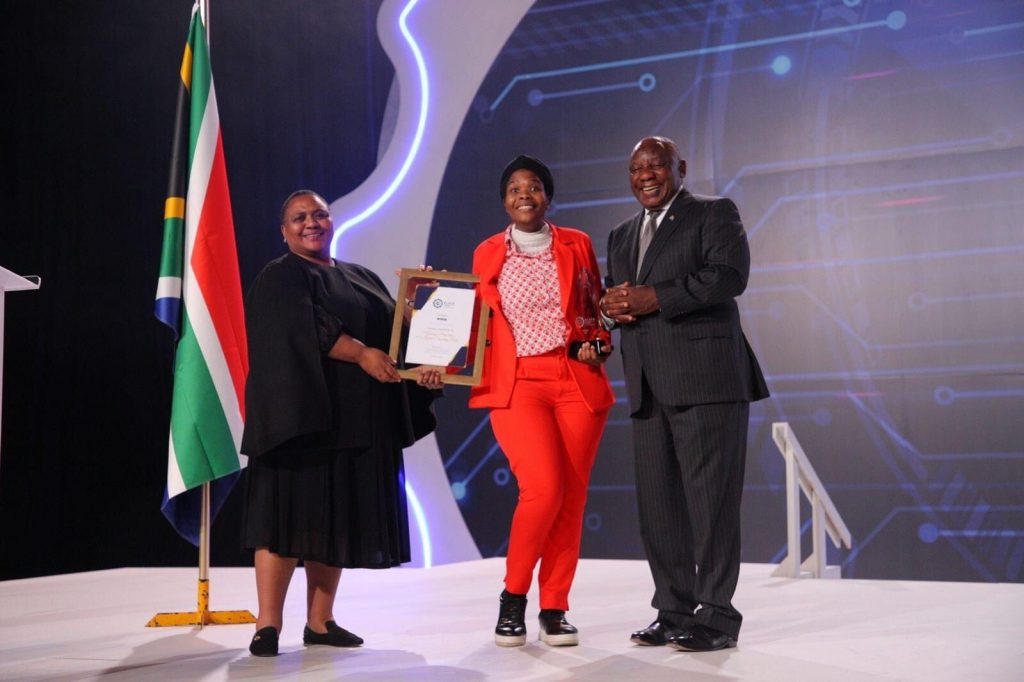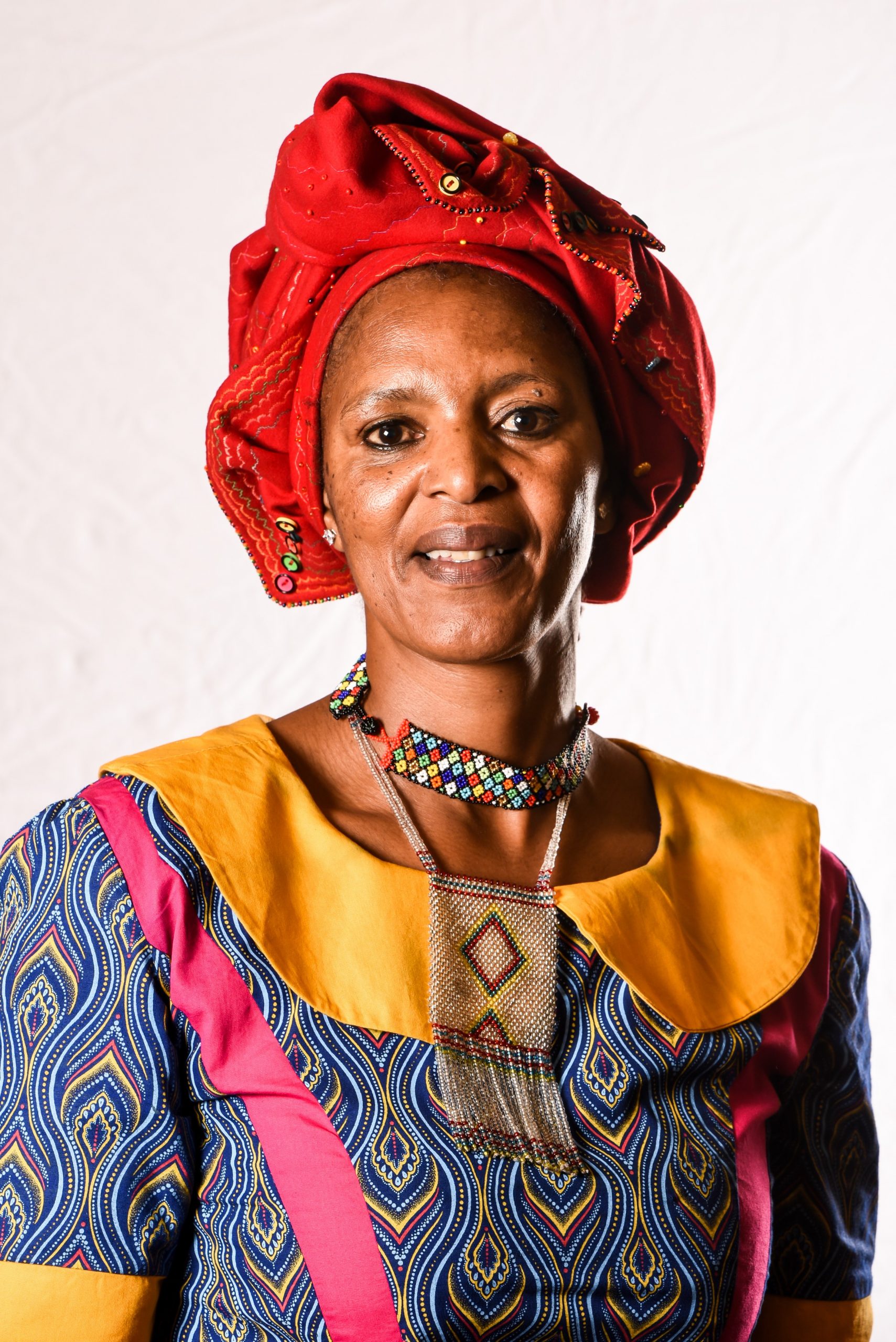
By Catherine Wijnberg, CEO of Fetola
Too often the subject of women entrepreneurs has an underlying condescending tone of reaching down to help them succeed. If we look at the data, the facts and the evidence we see a different story. This story tells us that when the playing field is levelled – especially through equal access to growth finance – female founders outperform men in job creation, revenue growth and impact on society through family support and nurturing.
In fact, there has been an exponential rise in women who are succeeding in the entrepreneurial space, despite challenges such as the gender gap and the Covid-19 pandemic1. Notably, in the South African Women Entrepreneurs Job Creators Survey conducted by Absa2, 90% of female respondents said job creation was an important consideration when starting their business. Not only are female founders keen to create jobs, but in some instances, they are creating more jobs and growing revenue at a significantly higher rate than their male counterparts.
This level of gender-related success could be attributed to the social position most women hold, such as in single-parent households where it is the mothers and grandmothers who are the sole breadwinners.
According to Statistics South Africa, 42.1 % of homes in South Africa are headed by females, of which the Eastern Cape is leading with households headed by women4.
Further evidence from international data also shows that working women give back to their families a staggering 90% of their income.3 These working women invest their money and time into raising children, feeding and educating their families. This heavy responsibility often motivates many women to turn adversity into success.
More than that, female founders are often socially minded, optimistic and resilient. This translates into a caring sense of responsibility not only for their personal families but for the people in their business, utilising business as a vehicle for social change.
Statistics during lockdown restrictions, where entrepreneurial resilience was greatly tested, confirmed that women feel a responsibility to support their people5, and the need to succeed on behalf of others makes them exceptionally resilient under challenging conditions. These statistics are illustrated by participants in the SAB Foundation’s Tholoana Enterprise Programme, which has a strong focus on women’s empowerment and ensures that all participants get equal access to skills development, mentorship and finance. In this level playing field, the female founders significantly outperformed their male counterparts in terms of job creation. The 2022 Programme had equal numbers of men and women and yet of the eight graduation award winners, a staggering seven were women. This group included the dynamic ultimate winner Dr Hajira Mashego who pivoted the business and grew revenue in her fitness enterprise by 168%, generating additional new jobs at a time when most other businesses were downing their tools and going into liquidation.
Others like Lindiwe Nkuna-Kgopa are driven even further to succeed beyond the programme. Lindiwe, the owner of Lindiwe Sanitary Pads, recently won the Presidential award in the Black Industrialist women category. The prestigious award was presented to her by President Cyril Ramaphosa and Thoko Didiza, Minister of Agriculture, Land Reform and Rural Development.
 Surprisingly, even businesses owned by women in rural areas are doing exceptionally well. Last year, in the Eastern Cape, which is largely rural, an estimated 50.6% of homes are headed by women. Thembisile Ralarala, the founder of Innovators Create Wealth in Mount Fletcher, Eastern Cape grew her turnover by 138% during the challenging times of the pandemic. She runs a nursery, grows vegetables and has used her skills to establish a botanical garden. Through her business, she has created jobs and is uplifting her community by contributing to food security and ensuring her community has the mental health benefits of a welcome green space to relax in.
Surprisingly, even businesses owned by women in rural areas are doing exceptionally well. Last year, in the Eastern Cape, which is largely rural, an estimated 50.6% of homes are headed by women. Thembisile Ralarala, the founder of Innovators Create Wealth in Mount Fletcher, Eastern Cape grew her turnover by 138% during the challenging times of the pandemic. She runs a nursery, grows vegetables and has used her skills to establish a botanical garden. Through her business, she has created jobs and is uplifting her community by contributing to food security and ensuring her community has the mental health benefits of a welcome green space to relax in.
The number of women leading in the entrepreneurship sector continues to increase and they are slowly rewriting history by proving that women are notable business leaders.
The question is, how can we accelerate the success of female entrepreneurship and further extend this positive impact in the country. There are three distinctly gender-specific challenges that female founders face as a barrier to their growth. These are outlined below alongside solutions to overcome them:
1. As few girls are actively encouraged to take STEM (science, technology, engineering and mathematics) subjects or business subjects at school where the entrepreneurial mind develops problem solving skills and comfort with numbers, some female entrepreneurs need additional support to raise their confidence with numbers and financial management.
2. South Africa is a world of great contrast with first world and old-world communities living alongside one another and where traditional backgrounds still play a huge part in the lives of many women. Methods to bridge these contrasting expectations are needed – both in the school space, in the public narrative and through mentoring and coaching support for business owners. Women who perform as CEO of a bank during the week and as a makoti on the weekend walk a delicate tightrope. The tension between succeeding as a business owner and being rejected by one’s more traditional loved ones causes emotional stress that needs specific family counselling and support.
3. Without finance a business cannot grow, yet the gender bias in investment raising is well known globally with female founders struggling all over the world to raise finance. Equalising the barrier to entry for female-led businesses is critical to unlocking this huge potential for female-led businesses to deliver. More than just female-specific funds, financial institutions and investment houses would do well to adopt the policy of blind auditions in which selectors do not know the gender of the applicant. This has led to the successful inclusion of women in some of the world’s greatest economies6
In South Africa, where we are pegging our hopes on the emergence of a thriving SME sector to create 80% of all new jobs, it is imperative that we support promising female founders to get the support, resources and finances they need to unlock their potential. By doing so, they will bring catalytic change to their own lives, that of their families for generations to come and through economic growth and job creation, a better future for society as a whole.
5. Women at the core of the fight against COVID-19 crisis (oecd.org)
Photo: Lindiwe’s struggle for sanitary towels gets a presidential gong
